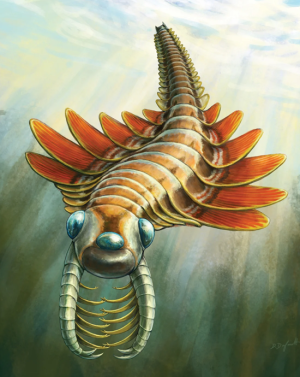TheDS
SOC-13
In Sci-fi, there is the common demarcation of "hard" and "soft".
Originally, "hard" science was grounded in the physical sciences. Physics, you could say. Lasers and steel and technology. "Soft" science pertained in the biological or mental sense. Life Science, you could say, but also including sociology and anthropology. Hard science was materials and things, and soft science was organic and thinking.
Over time, the meanings have shifted a bit, so that "hard" tends to refer to "realistic" (frex, the "hardness" of a setting refers to how closely its reality is modeled on our own) and "soft" tends to refer to the opposite of that - lots of fantastic elements like the Force and Rubber physics and so forth.
Even today, without sufficient context, it can be hard to know what meaning a writer uses when they say a setting is hard or soft.
It occurs to me that perhaps a better term for how closely a setting is modeled on known reality is its "pliancy". A low pliancy setting might be said to be well-grounded or firm, and a high-pliancy setting would be less-grounded or loose. This frees up hard and soft to do their original jobs: describe the kind of science rather than be a judgment of its merits. Note that a setting can be BOTH hard AND soft without conflict - they're not supposed to be opposites.
Just more random rambling as it pops in my head.
Originally, "hard" science was grounded in the physical sciences. Physics, you could say. Lasers and steel and technology. "Soft" science pertained in the biological or mental sense. Life Science, you could say, but also including sociology and anthropology. Hard science was materials and things, and soft science was organic and thinking.
Over time, the meanings have shifted a bit, so that "hard" tends to refer to "realistic" (frex, the "hardness" of a setting refers to how closely its reality is modeled on our own) and "soft" tends to refer to the opposite of that - lots of fantastic elements like the Force and Rubber physics and so forth.
Even today, without sufficient context, it can be hard to know what meaning a writer uses when they say a setting is hard or soft.
It occurs to me that perhaps a better term for how closely a setting is modeled on known reality is its "pliancy". A low pliancy setting might be said to be well-grounded or firm, and a high-pliancy setting would be less-grounded or loose. This frees up hard and soft to do their original jobs: describe the kind of science rather than be a judgment of its merits. Note that a setting can be BOTH hard AND soft without conflict - they're not supposed to be opposites.
Just more random rambling as it pops in my head.



